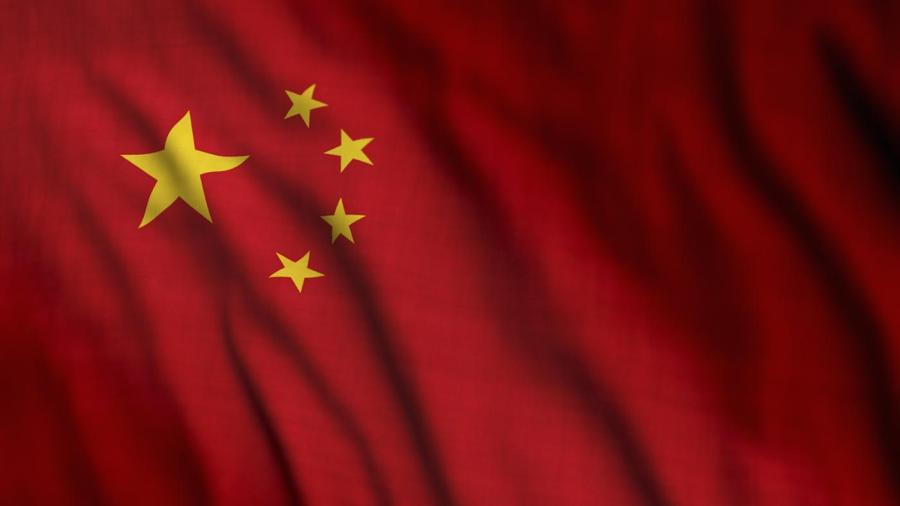What Type of Government Does China Have?

China is ruled by a communist government. This government has been in place since 1949. Communism in China, and in communist governments across the world, strives for equality among its citizens in economy and class.
The People’s Republic of China is headed by President Xi Jinping, who was elected on March 14, 2013. The head of government is Premier Li Keqiang, who was elected into office a day later. Together, these leaders make decisions on behalf of the People’s Republic of China, which is a global superpower that has existed since 1982. Although the Chinese government classifies itself as communist, it has been criticized for leaning towards socialism, which emphasizes total state control over all aspects of its citizens’ lives. Human rights violations have plagued China multiple times, and it has been criticized for enacting policies that benefit only the government and prominent officials.
Current Chinese Government
Presently, the Chinese constitution consists of five parts. These include the preamble, general principles, rights and responsibilities of its citizens, state structure and official state emblems. The Chinese government considers its president as the ceremonial head of state, meaning that he represents China in its foreign affairs exchanges. The incumbent Chinese president also regulates Chinese diplomats. Its government is divided into three branches. The corporate success in China is unpredictable due to the nation’s political and economic uncertainties. The president of China, as well as the chief justice, premier and judges, are elected by the people.
Communism
Communism emphasizes public and communal ownership over private ownership. It aims to replace public and private for-profit companies with organizations that keep its citizens’ collective best interests in mind. Common control is vested to citizens for production of primary staples, which include natural resources, factories, mines and mills. The foundation of modern communism lies with the teachings of Karl Marx, a German socialist and philosopher who was discriminated against because of his Jewish heritage. In 1848, Marx and Friedrich Engels, a fellow philosopher, composed “The Communist Manifesto.” This document highlights a struggle among economic classes that ultimately results in the overthrow of government. Instead of eliminating economic classes, however, China has been criticized for creating good conditions for the most privileged members of society. It has also been criticized for developing excuses for its backward behaviors, which include justifying its national tendencies towards agricultural production without the support of a strong industrial sector.
Socialism
While communism traditionally gives citizens some say in economic and governmental affairs, socialism is pinned as a more conservative form of communism that leaves citizens with few, if any, rights over making market and economic decisions. It is older than communism by several decades. While citizens in a socialist society have a say in economic matters under the reign of a communist government, economic decisions are left to the hands of central government rulers. Socialism emphasizes equality and the equal distribution of wealth. It also calls for joint ownership of community goods like resources and machinery. In true socialist societies, the government takes the lead in product creation and distribution.
In light of criticisms for human rights and other violations, the Chinese government has worked to improve its international image. The government has strengthened its relations with Japan in recent years, despite emotionally charged disputes over historical facts and national claims. Despite its improved image within Asia, the country still faces skepticism from other governments around the world.





